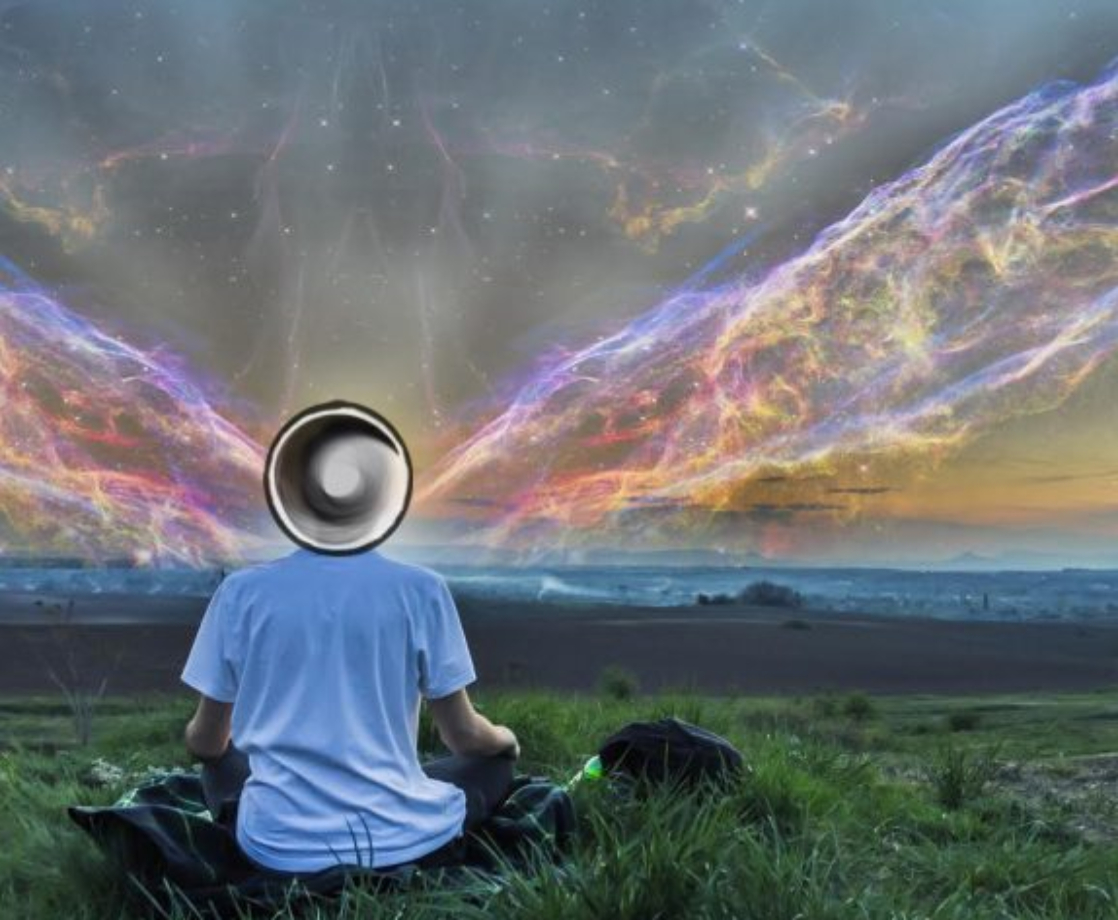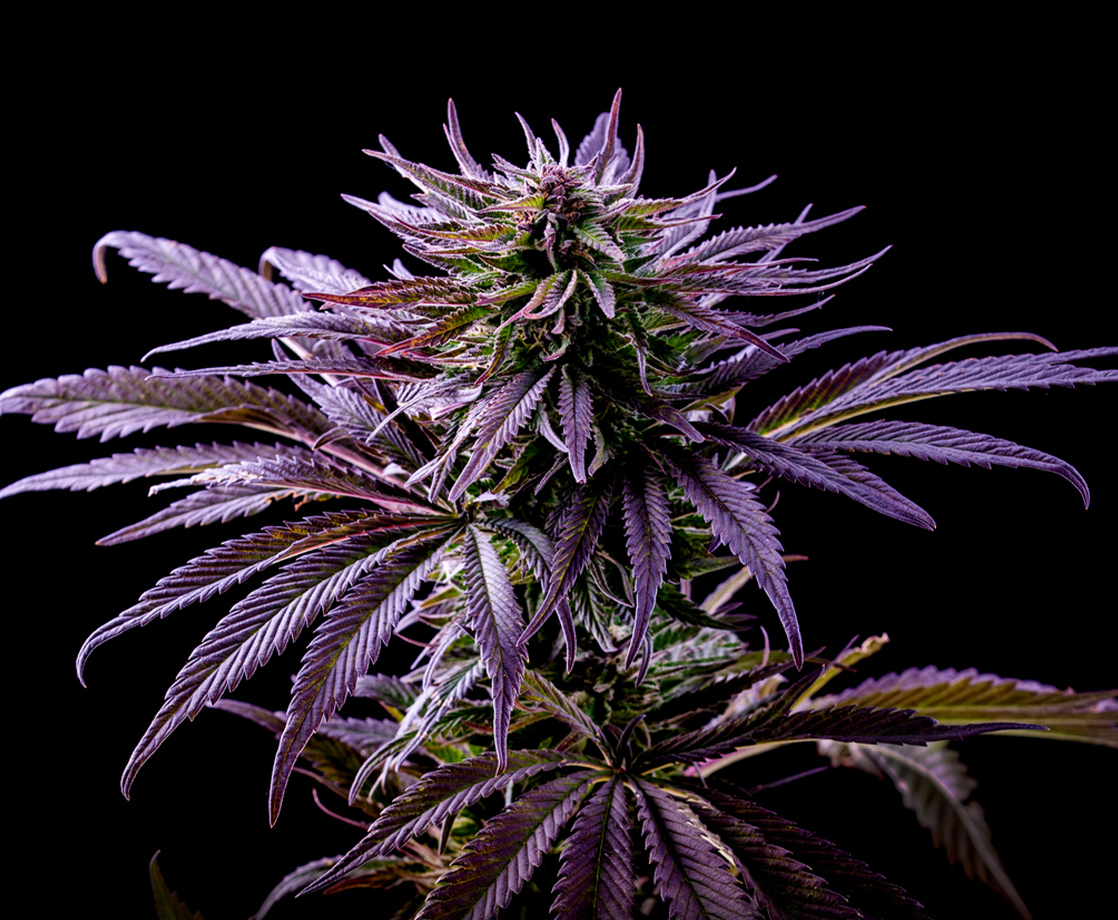People who use magic mushrooms often swear that these natural psychedelics bring them closer to nature. But do these claims have any factual basis? According to a new study published in the International Journal of Environmental Research and Public Health, the answer is yes.
Researchers from the Centre for Psychedelic Research at the Imperial College London collected data on 654 subjects who completed an online survey between March and November 2017. The study asked participants to complete a variety of psychological surveys both before and after taking a psychedelic drug of their choice. These surveys evaluated respondents’ psychological well-being, as well as their feelings of connectedness to nature.
Subjects were given follow-up tests two weeks, four weeks, and two years after the initial psychedelic trip. After a statistical analysis of the data, researchers found that at each time interval, “nature relatedness was significantly increased” following a psychedelic experience. Researchers also found “a significant positive association… between changes in nature relatedness and changes in psychological well-being.”
“There appears to be a growing disconnection between humans and their natural environments which has been linked to poor mental health and ecological destruction,” the study explains. “Previous research suggests that individual levels of nature relatedness can be increased through the use of classical psychedelic compounds, although a causal link between psychedelic use and nature relatedness has not yet been established.”
The study cites prior research that links many mental illnesses, including depression, PTSD, and eating disorders, to “feelings of psychological or social disconnection.” The authors also note that “there is a substantial body of literature linking nature relatedness to psychological health and well-being.” Prior studies have found that individuals with high levels of nature relatedness tend to receive more positive outcomes from spending time outdoors than those who feel less connected with nature.
“The observed increase in nature relatedness post-psychedelic use was correlated with concomitant increases in psychological wellbeing and remained significantly elevated two years after the psychedelic experience,” the study concludes. “These findings point to the potential of psychedelics to induce enduring positive changes in the way humans relate to their natural environments.”
Increased feelings of connectedness may help explain how psychedelics can provide relief to people suffering from a variety of mental illnesses. Recent research has found that psilocybin, the active ingredient in shrooms, can treat anxiety, depression, eating disorders, or even kickstart the brains of people in comas. Federal health officials are currently conducting trials that could also lead to the legalization of psilocybin or MDMA-assisted therapy, and have already approved a new depression treatment derived from the dissociative ketamine.











